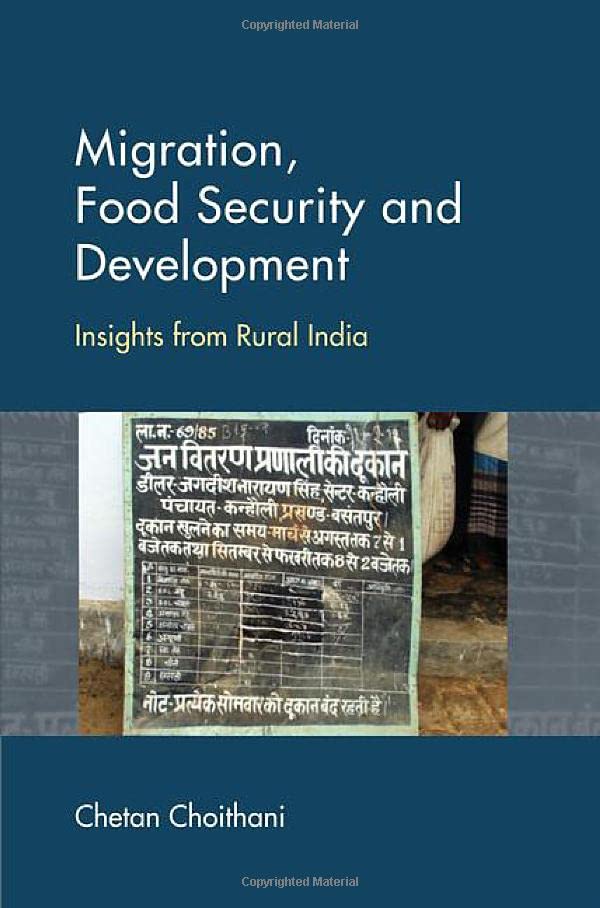This book examines the role of migration as a livelihood strategy in influencing food access among rural households. Migration forms a key component of livelihoods for an increasing number of rural households in many developing countries. Importantly, there is now a growing consensus among academics and policymakers on the potential positive effects of migration in promoting human development. Concurrently, the significance of food security as an important development objective has grown tremendously, and the Sustainable Development Goals agenda envisages eliminating all forms of malnutrition. However, the academic and policy discussions on these two issues have largely proceeded in silos, with little attention devoted to the relationship they bear with each other. Using the conceptual frameworks of 'entitlements' and 'sustainable livelihoods', this book seeks to fill this gap in the context of India - country with the most food-insecure people in the world and where migration is integral to rural livelihoods.

